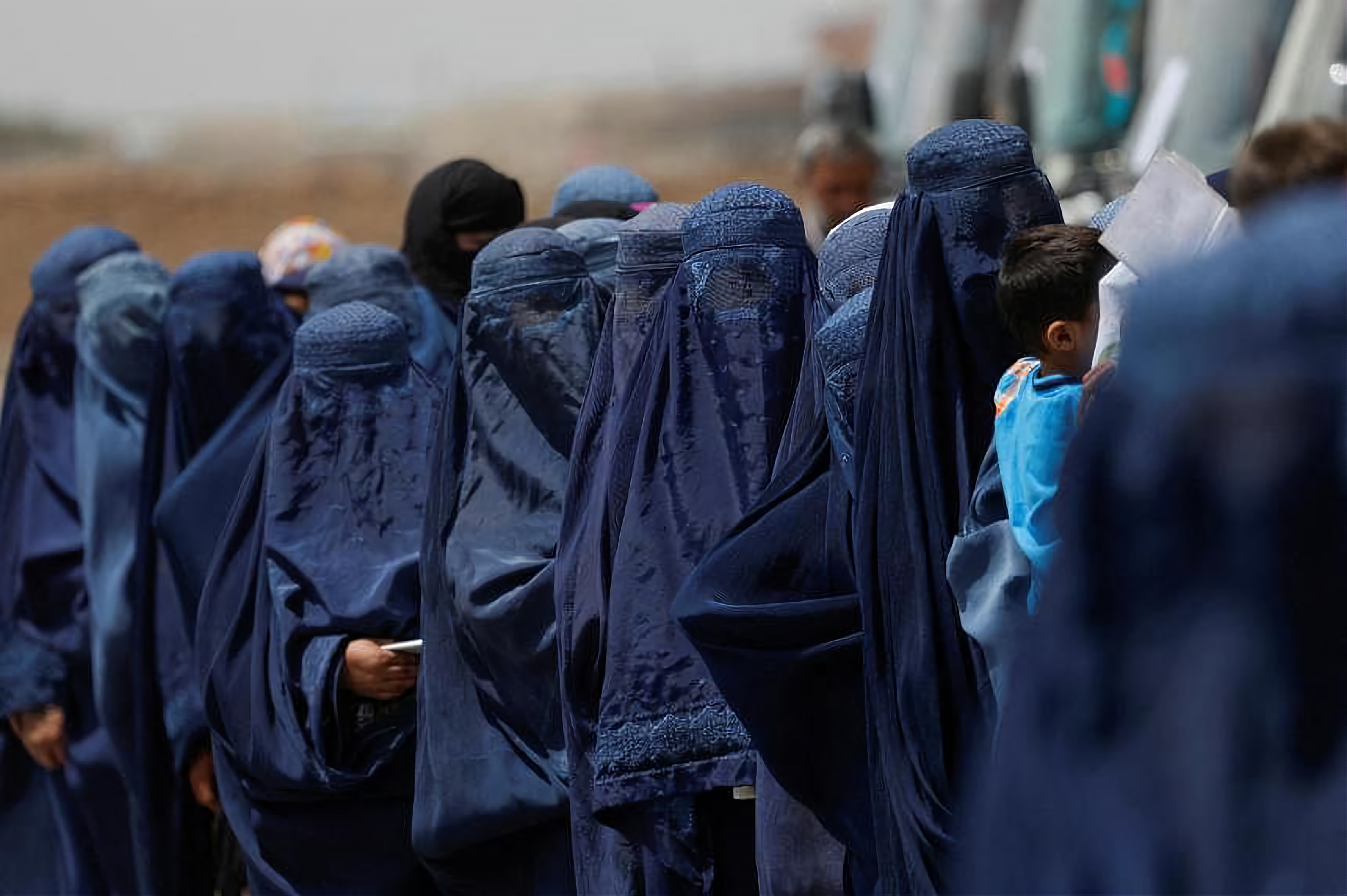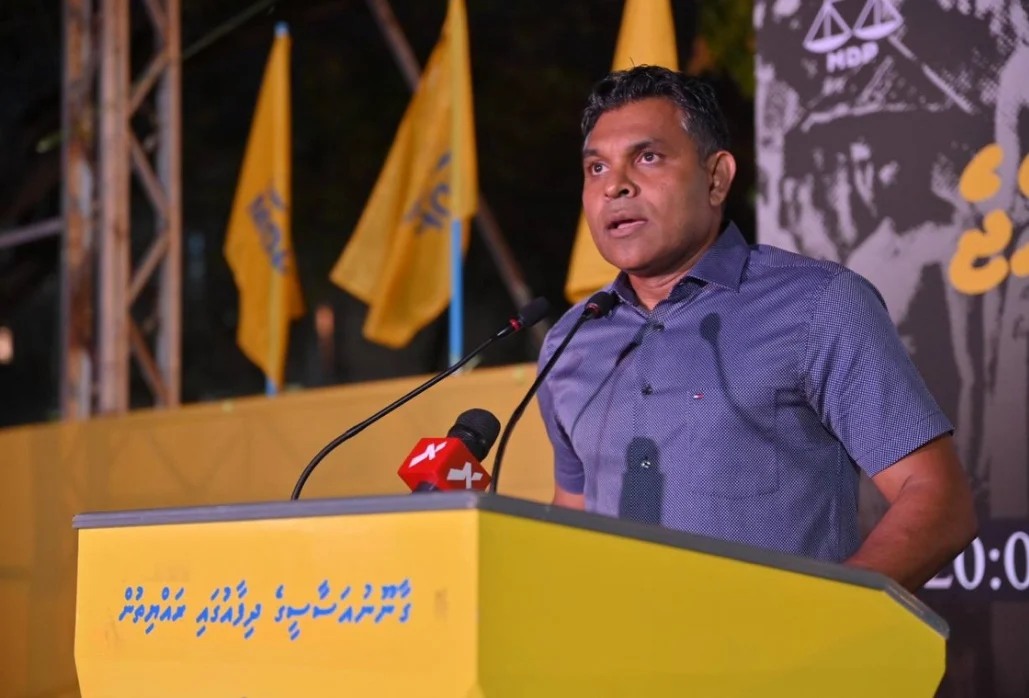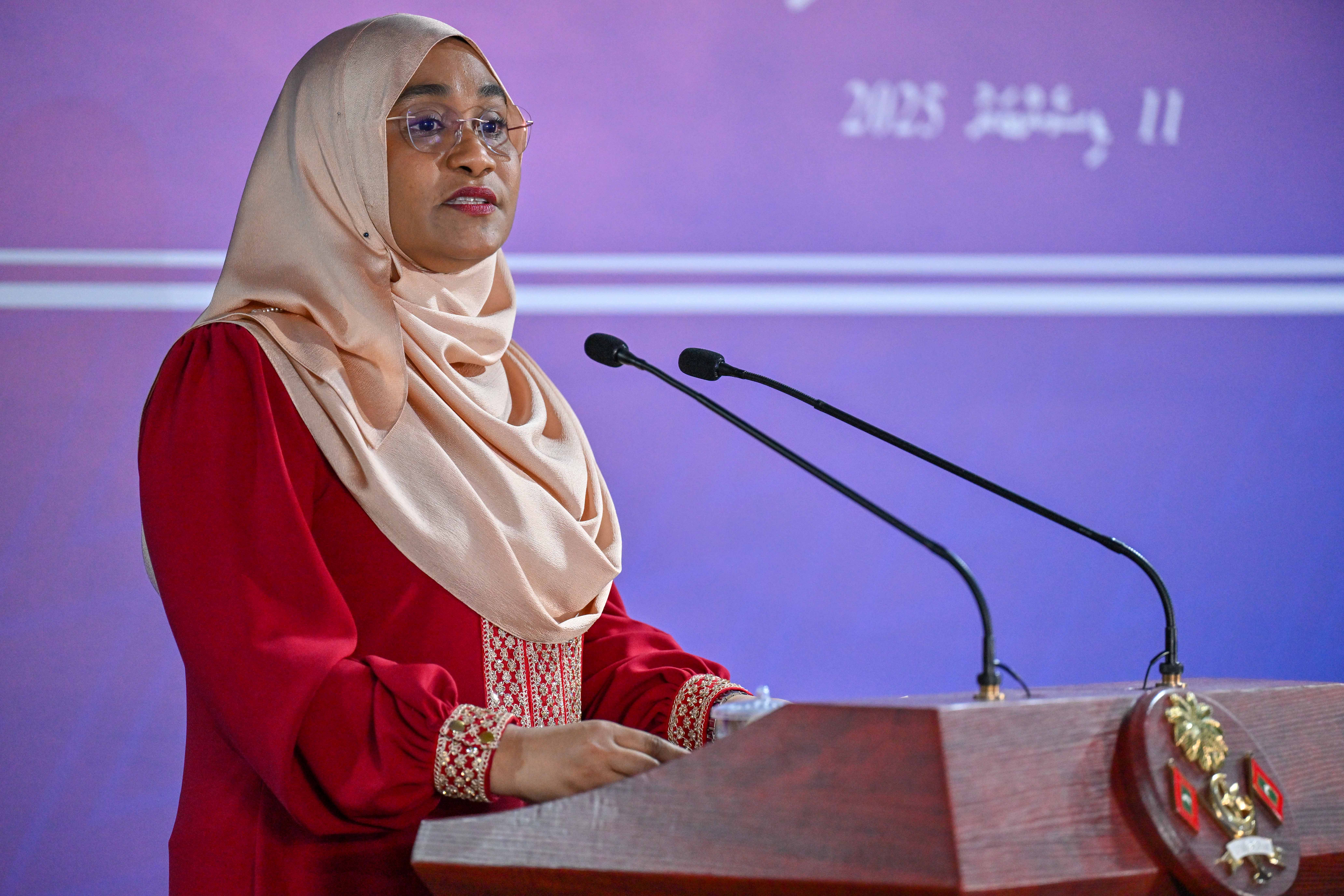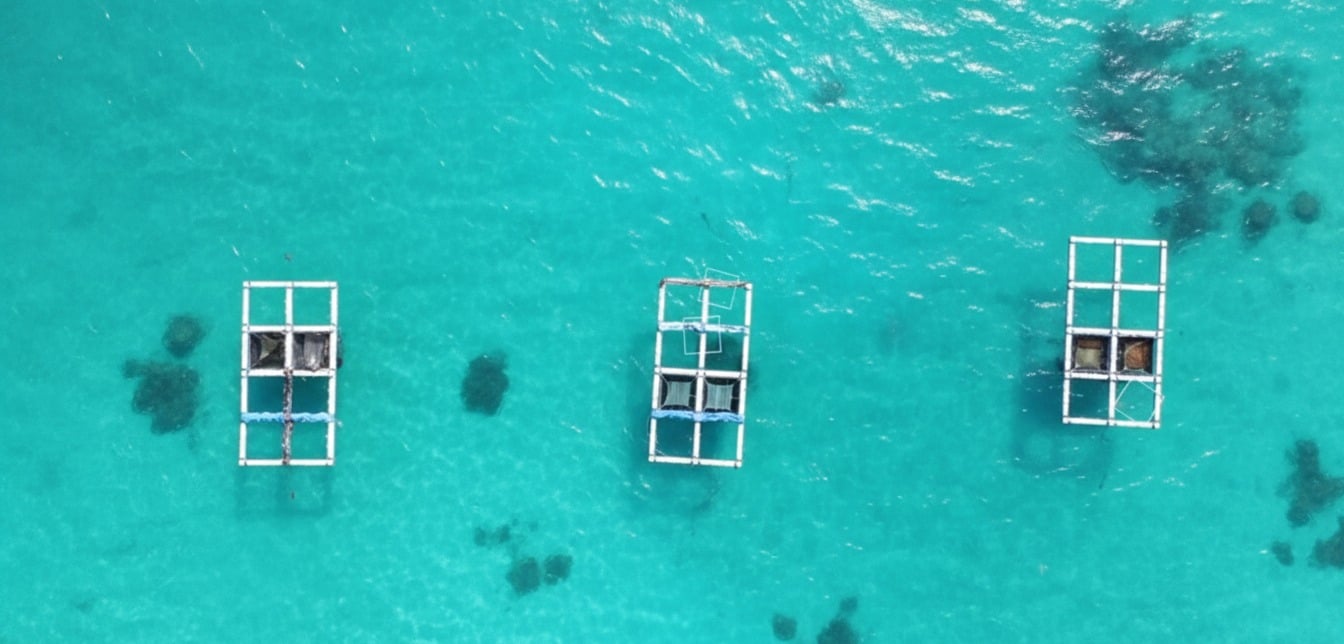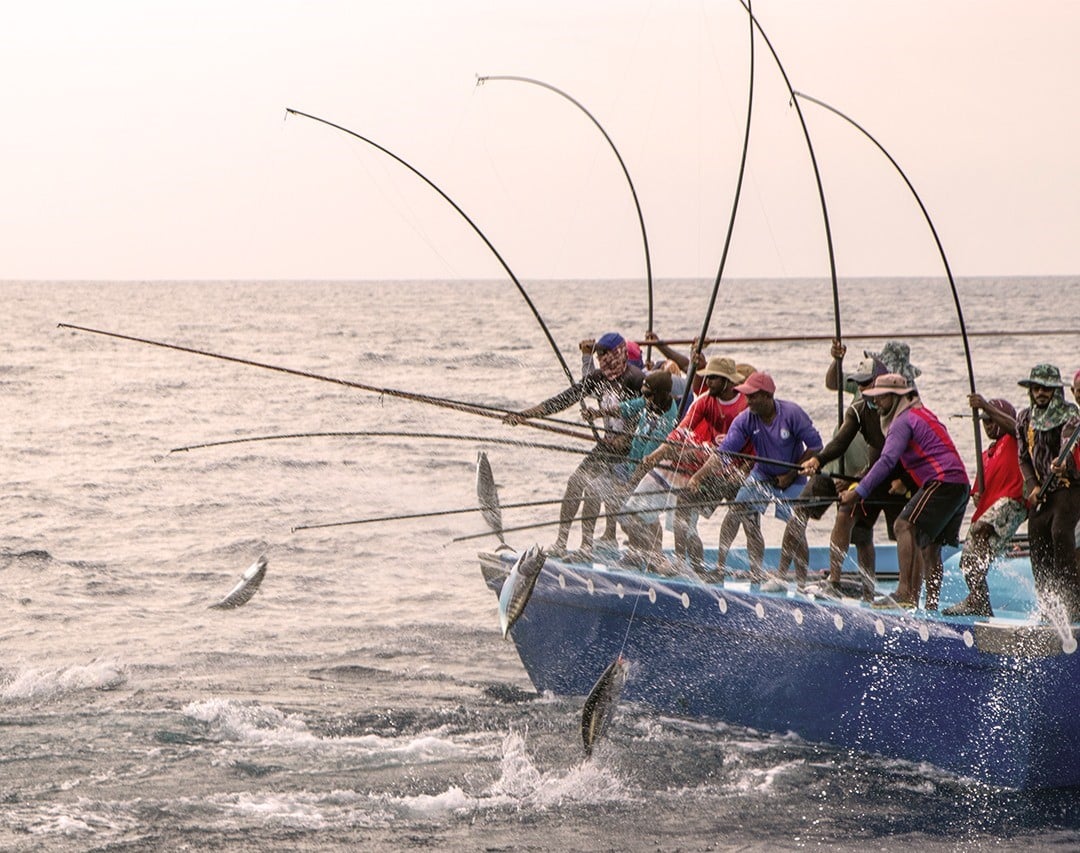The UN representative in Afghanistan has warned that a crackdown on women's rights by the Taliban government is likely to result in a decrease in aid and development funds in the nation, where women fear being excluded from public life as much as violent death.
Roza Otunbayeva stated that the United Nations has submitted its single-largest country aid appeal ever, asking for $4.6 billion in 2023 to provide assistance in Afghanistan, where two-thirds of the population depend on it to survive.
However, she informed the UN Security Council that the Taliban administration's limitations on women attending high school and universities, going to parks, and working for humanitarian organizations had put providing that help in jeopardy. In addition, women are required to conceal their faces and are not permitted to leave the house without a male relative.
“Afghanistan under the Taliban remains the most repressive country in the world regarding women’s rights,” Otunbayeva said. “It is difficult to understand how any government worthy of the name can govern against the needs of half of its population.”
She said discussions about providing more development-style help for things like small infrastructure projects or policies to combat effects of climate change had halted over the bans.
Meanwhile, the Taliban administration, which seized power in August 2021 as US-led forces withdrew from Afghanistan after 20 years of war, says it respects women’s rights in accordance with its strict interpretation of Islamic law.
Roza Otunbayeva stated that the United Nations has submitted its single-largest country aid appeal ever, asking for $4.6 billion in 2023 to provide assistance in Afghanistan, where two-thirds of the population depend on it to survive.
However, she informed the UN Security Council that the Taliban administration's limitations on women attending high school and universities, going to parks, and working for humanitarian organizations had put providing that help in jeopardy. In addition, women are required to conceal their faces and are not permitted to leave the house without a male relative.
“Afghanistan under the Taliban remains the most repressive country in the world regarding women’s rights,” Otunbayeva said. “It is difficult to understand how any government worthy of the name can govern against the needs of half of its population.”
She said discussions about providing more development-style help for things like small infrastructure projects or policies to combat effects of climate change had halted over the bans.
Meanwhile, the Taliban administration, which seized power in August 2021 as US-led forces withdrew from Afghanistan after 20 years of war, says it respects women’s rights in accordance with its strict interpretation of Islamic law.





